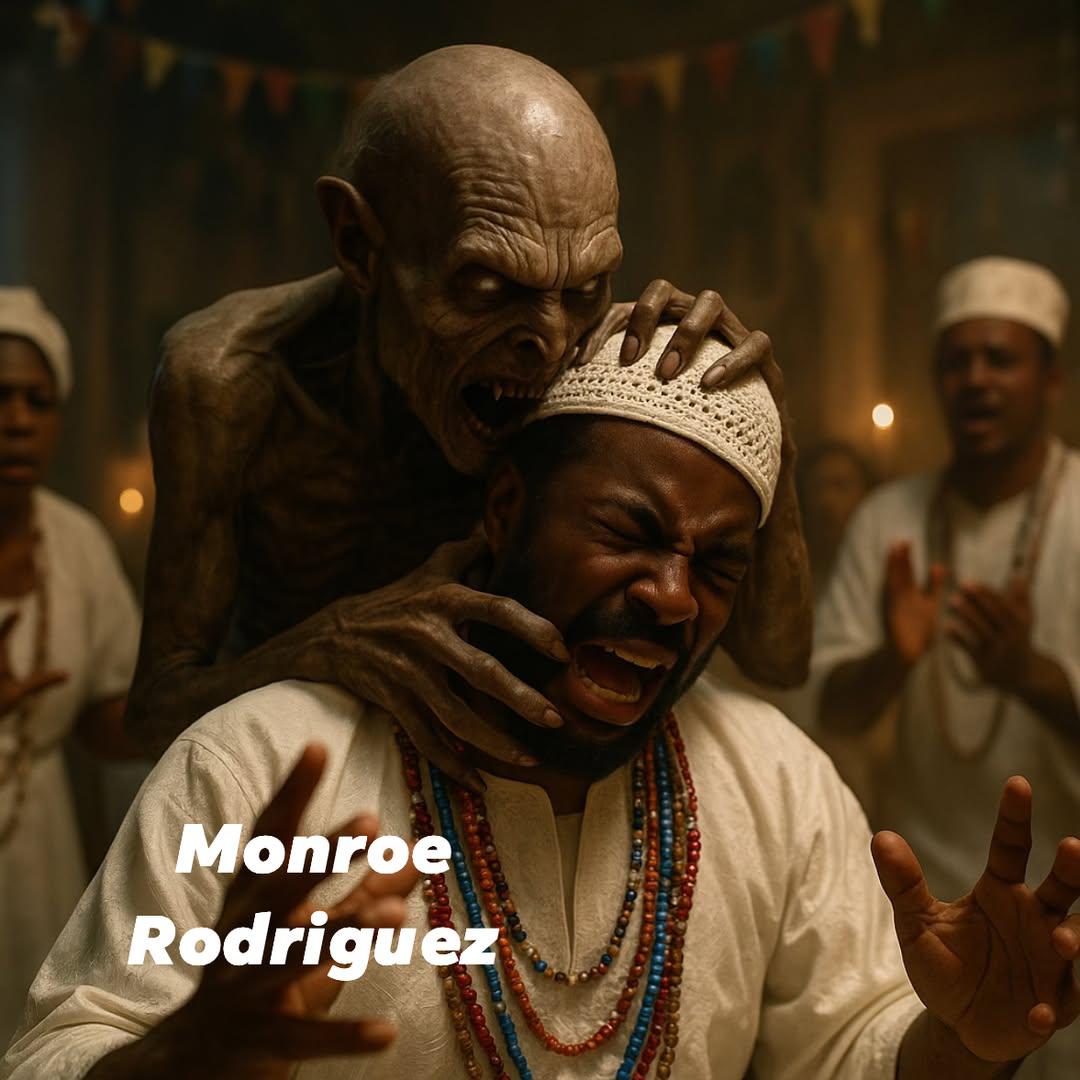
In recent weeks, spiritual communities across apps and timelines have been abuzz—discussing “Sinners”, the film, the symbolism, and the aesthetic. There have been parties, memes, think pieces, and cosplay. But what many missed amid the noise is the spiritual warning baked into the heart of that story.
At its core, Sinners is not just a cultural exploration. It’s a coded message about spiritual discernment, ancestral resonance, and the sacred power of sound.
The Power of Sound and Spirit
Music, clapping, dance—these are not just artistic expressions in Black and Indigenous traditions. They are tools of invocation. Whether you're Yoruba, Haitian, South Asian, Polynesian, or Native American, we share a capacity: the ability to call down spirit through sound, rhythm, and movement.
And not just any spirit.
When done with intention, we call the ancestral, the elevated, the guides.
When done recklessly, we open doors to anything that responds.
The Danger of Inviting Without Discernment
There is a growing trend—especially in diasporic traditions and hybrid spaces—where people are eager to “catch spirit” without knowing what is catching them. In Brazil, in the Caribbean, in the U.S., in initiatory houses and hoodoo circles alike, the same pattern repeats:
People call on “entities” without knowing their names, origins, or intentions.
What shows up might not be a guide. It might not be an orisha. It might not even be human.
It might be a vampiric attachment.
A hungry ghost.
A streetwalker spirit with nowhere to go and something to prove.
What Spiritual Attachment Really Means
Let’s be clear: not every spirit is a guide.
A spirit guide is someone who has crossed over, evolved, and been assigned (or volunteered) to support your journey. They help. They uplift. They bring wisdom and structure.
An attachment is a spirit that never left. They linger. They feed. They demand.
And if you’re not careful, you end up feeding them your blood, your offerings, your sanity—without knowing what they are.
Initiation Does Not Equal Immunity
This confusion doesn’t just live in casual spiritual spaces. It happens in initiated temples. In Umbanda, Quimbanda, Jurema houses. In Palo mayombe. In Santería. People are catching negative spirits and nobody knows how to get rid of them. The elders freeze. The ceremonies spiral. And suddenly, a possession becomes a crisis.
Haitian Vodou, for all the criticism it gets, stands apart. It is one of the most structured and discerning traditions in the diaspora. There is a ritual for every spirit. A song for every lwa. A protocol for every possession. If something unsanctioned breaks through, the community knows. They correct it fast.
That clarity is rare.
Spiritual Hygiene is Communal Safety
One toxic initiate can collapse a whole house.
One spiritually burdened guest can corrupt a sacred circle.
One undetected attachment can burn down your temple from the inside out—socially, emotionally, financially, even physically. I've seen it happen. I've watched thriving practitioners lose everything in weeks, simply because they brought in the wrong person.
It’s not about paranoia—it’s about protection. The film Sinners shows this in metaphor. I’m speaking of it in real life.
Final Word: Protect Your Space
Your voice is power. Your words are spells. Your songs are invitations.
Be intentional with who you sing for.
Be cautious about who you call in.
And above all, be honest about whether your rituals are aligned with truth or just trend.
Because not every spirit that shows up is holy.
Not every ancestor is elevated.
And not every gathering is sacred.
Watch Sinners again—this time with spiritual eyes.
Then ask yourself: Who are you letting in?
